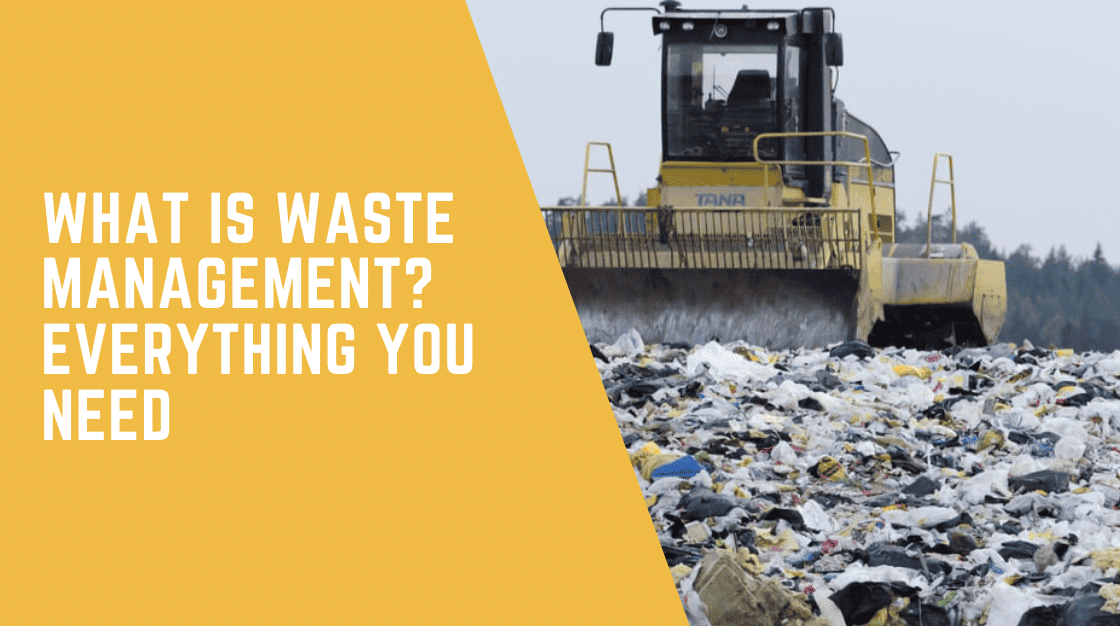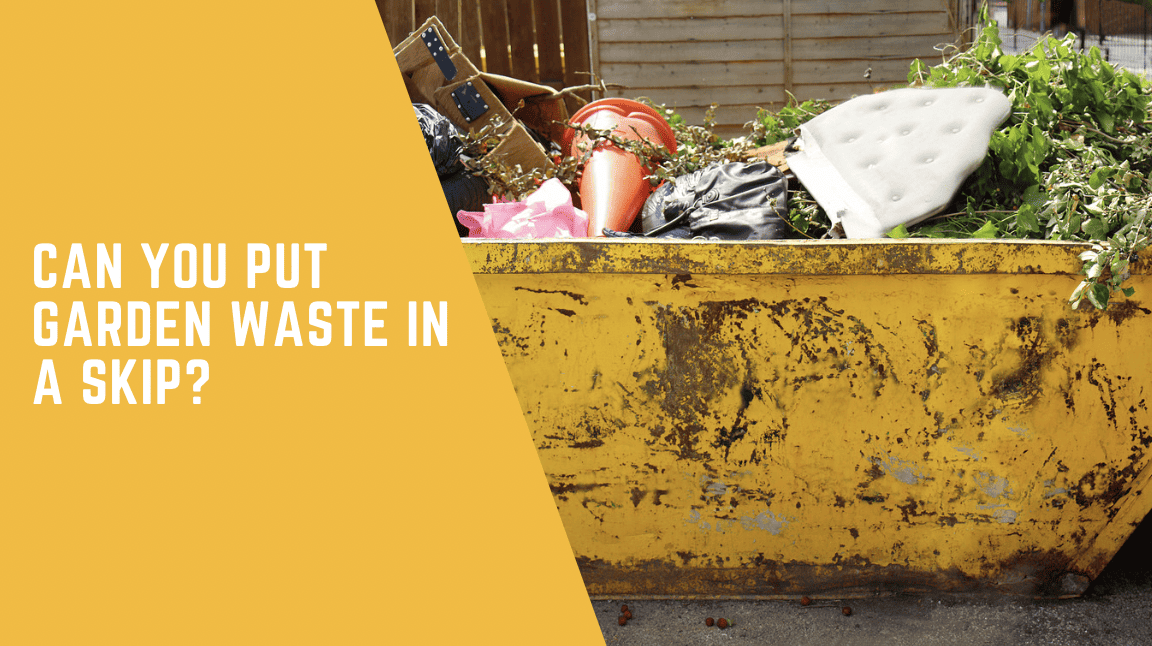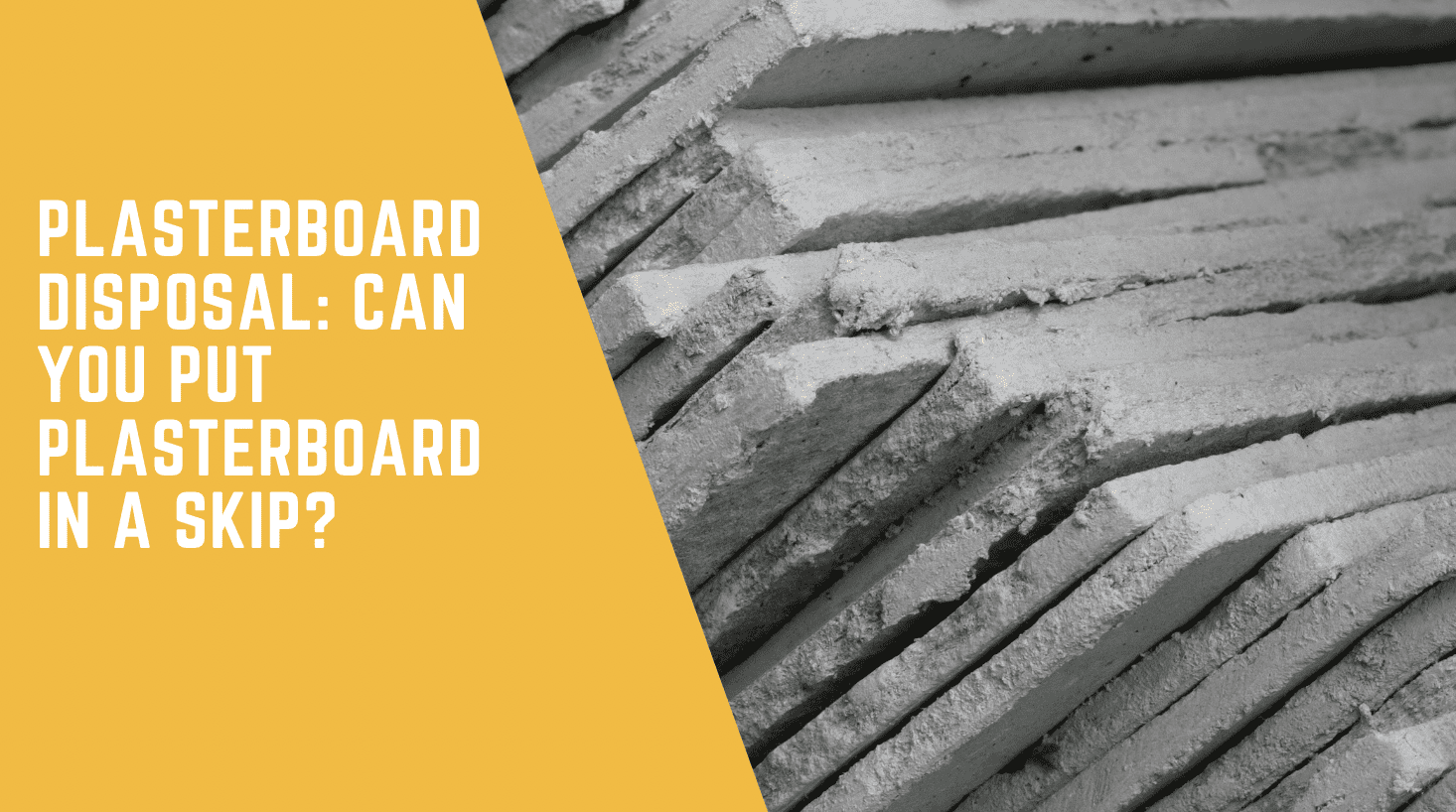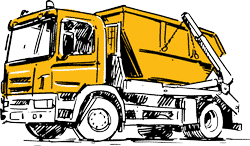
What Is Waste Management? Everything You Need
Waste Management Definition
Waste management is the collection, transportation, processing, recycling, and disposal of waste materials generated by human activity. Its goal is to manage waste responsibly to protect human health and the environment. Key waste management activities include landfilling, incineration, recycling, composting, and anaerobic digestion. An extensive infrastructure system and compliance with waste regulations support sustainable waste handling. Overall, waste management deals with rubbish and recyclables from the moment of discard to final disposal.
Why Is Waste Management Important?
If waste management didn’t exist, our world would be drowning in trash. Uncontrolled waste brings a host of problems:
Health hazards – Rotting rubbish spreads disease. Hazardous waste can cause poisoning if left untreated.
Environmental damage – Rubbish leaks pollutants into groundwater and soils. Landfills release methane, contributing to climate change.
Eyesores – No one wants to live surrounded by piles of waste. Uncollected trash is unpleasant, attracting vermin.
Resource depletion – Valuable materials become lost when buried in landfills instead of being recycled.
Proper waste management mitigates these issues by responsibly handling the waste trail. Systems are in place to:
Protect public health by safely containing and treating waste.
Divert waste from landfills through recycling and recovery.
Dispose of residual waste in a controlled manner.
Monitor environmental impacts like leachate and methane.
Educate the public on proper waste disposal.
All of this helps ensure environmental and human health isn’t compromised by the waste we generate. It conserves resources, recycles materials, and reduces pollution. That’s why effective waste management is crucial for any community.

The Waste Management Hierarchy
Not all waste management methods are created equal. Some are more sustainable than others. The waste hierarchy illustrates preferred approaches:
Most Preferred
Reduce – Prevent waste from being created in the first place, e.g., refusing single-use plastics.
Reuse – Finding new life for items, e.g. donating old furniture.
Recycle – Process materials into new products, e.g., turning bottles into fibres.
Least Preferred
Recovery – Extracting value from waste through anaerobic digestion, incineration, and extracting materials from ashes.
Disposal – Last resort methods like landfilling and incinerating without energy recovery.
Higher methods conserve resources and reduce the environmental impact the most. Sustainable waste management works its way down the hierarchy.

Common Waste Management Methods
Now, let’s look at the nitty-gritty waste management types used to deal with waste today.
1. Landfilling
Landfills are the final resting place for waste that can’t be recycled or recovered. Rubbish is transported to landfill sites where it’s buried under layers of earth.
Modern landfills have protections like liners and covers to contain leachate. Gas collection systems recover methane. However, landfill space is limited, and burying waste squanders resources.
2. Incineration
Waste incinerators burn rubbish at high temperatures. Incineration reduces waste volume by up to 90%. Some facilities recover energy or metals from the ash.
Critics argue incineration discourages recycling and creates emissions. However, modern plants have air pollution controls and are highly efficient waste-to-energy converters.
3. Recycling
Recycling converts waste materials into new products. It targets paper, plastics, glass, metals, electronics, and organics. Materials are collected, sorted, processed, and manufactured into new goods.
Recycling saves resources, reduces pollution, and lowers landfill inputs. However, its success depends on high participation rates and recycling-friendly product designs.
4. Composting
Composting recycles food scraps, garden waste, and other organics into a nutrient-rich fertiliser. Methods include:
- Home compost heaps
- Centralised facilities processing garden and food waste
- Large-scale on-farm and industrial organics composting
Compost improves soil health and structure. It’s a sustainable option for organic waste.
5. Anaerobic Digestion
Anaerobic digesters host microorganisms that break down biodegradable waste without oxygen. The process generates:
- Biogas used for electricity and heating
- Digestate, a nutrient-rich fertiliser
Suitable waste includes food scraps, sewage, farm waste, and industry organics. Anaerobic digestion is an eco-friendly way to recover value from organics.
Waste Management Infrastructure
Sustainable waste management requires a whole network of infrastructure:
Transfer Stations – Sites where local collection vehicles take waste to be bulked up for transport to treatment facilities. This saves collection trucks from making long trips to distant landfills and recycling plants.
Material Recovery Facilities (MRFs) – Recycling centres where co-mingled recyclables are sorted into individual material streams using manual and mechanical separation.
Recycling Processing Plants – Process recyclables like plastics, paper and glass into raw materials suitable for re-manufacturing into new products.
Organic Waste Treatment – Composting and anaerobic digestion plants process food waste, garden organics and other biodegradables.
Waste-to-Energy Plants – Incinerators equipped with boilers and generators to recover energy from burning waste.
Sanitary Landfills – Engineered sites for permanently disposing of waste while protecting the environment. Modern landfills have liners, covers, groundwater monitoring, gas capture and leachate management.
Hazardous Waste Facilities – Specialised sites are required for managing hazardous wastes like chemicals, batteries, fluorescent lights, etc. Methods include stabilisation, encapsulation and secure landfilling.
This vast network manages waste from its point of generation through to final disposal. Well-planned infrastructure ensures optimal handling and routing of waste.
Waste Management Laws
Waste management is governed by rafts of legislation at international, federal, state and local levels. Laws aim to:
- Protect human health and the environment
- Make waste producers responsible for proper disposal
- Encourage sustainable practices like recycling
- Control transportation and disposal of hazardous wastes
- Establish standards for facilities and operations
- Monitor and report environmental impacts
- Manage legacy landfill liabilities
Key laws include the Resource Conservation and Recovery Act (RCRA), Comprehensive Environmental Response, Compensation and Liability Act (CERCLA), and state environmental codes like the California Integrated Waste Management Act.
Firms handling waste must comply with complex and evolving regulations. This pushes the industry towards ever more sustainable solutions. Proper compliance protects communities and ecosystems.

The Future of Waste Management
There’s always room for progress in waste management. Future trends include:
Smart bins – Internet-connected bins will optimise waste collection routes. Sensors will track public bin usage to target hotspots.
Automated sorting – AI-powered robotics will raise recycling accuracy at materials recovery facilities.
Plastic alternatives – Innovative new bioplastics made from algae and food waste offer compostable options to replace single-use plastics.
Waste-to-energy – New thermal treatment technologies like plasma gasification and pyrolysis will boost energy recovery from waste.
Circular economy – Cradle-to-cradle product lifecycles where waste is designed out will gain traction.
Zero waste goals – More organisations, cities and countries will adopt zero waste targets to drive progress.
More innovative solutions will help manage waste even more sustainably. But there’s still a long way to go – our systems still need improvement. Waste management must continue evolving to meet society’s needs while protecting the planet.
Frequently Asked Questions About Waste Management
We’ve done our best to try and answer some of the most frequently asked questions our customers ask.
What are the main waste streams
The four broad categories of waste are:
– Municipal solid waste – Household rubbish and commercial waste handled by local authorities.
– Hazardous waste – Toxic, flammable and corrosive materials requiring special handling.
– Commercial and industrial waste – Rubbish generated by businesses and industry.
– Construction and demolition waste – Debris from building projects.
How is waste collected?
Waste is collected via kerbside and bulk bins, commercial services, civic sites, and public litter bins for efficient disposal and recycling.
What are the main environmental impacts of waste?
Waste impacts the environment by causing air pollution, water contamination, harm to wildlife, soil toxicity, and greenhouse gas emissions.
How many landfills exist today?
In the UK, there are over 2000 licensed landfill sites. But the number is declining as more waste is diverted for recycling and recovery. The last time landfills opened here was in 2005.
What is commercial recycling?
Businesses have a responsibility to recycle waste generated on their premises. Most contract private waste management firms to provide recycling services. Materials like paper, plastics, glass, metals, organics and e-waste are targeted. Recycling helps companies meet sustainability goals and comply with laws mandating recycling.
What waste management jobs exist?
The industry employs people in roles like:
– Waste collection drivers
– Landfill operators
– MRF sorters
– Recycling plant technicians
– Composting managers
– Contract managers
– Business development
– Environmental, health and safety specialists
How does skip hire relate to waste management?
Skip hire provides roll-on/roll-off containers for aggregating and containing waste safely at sites lacking infrastructure. Skips enable efficient collection for recycling, recovery or disposal, aligning with sustainable waste management. They support compliance with waste regulations. Overall, skip hire is a crucial waste collection tool in managing rubbish sustainably.






